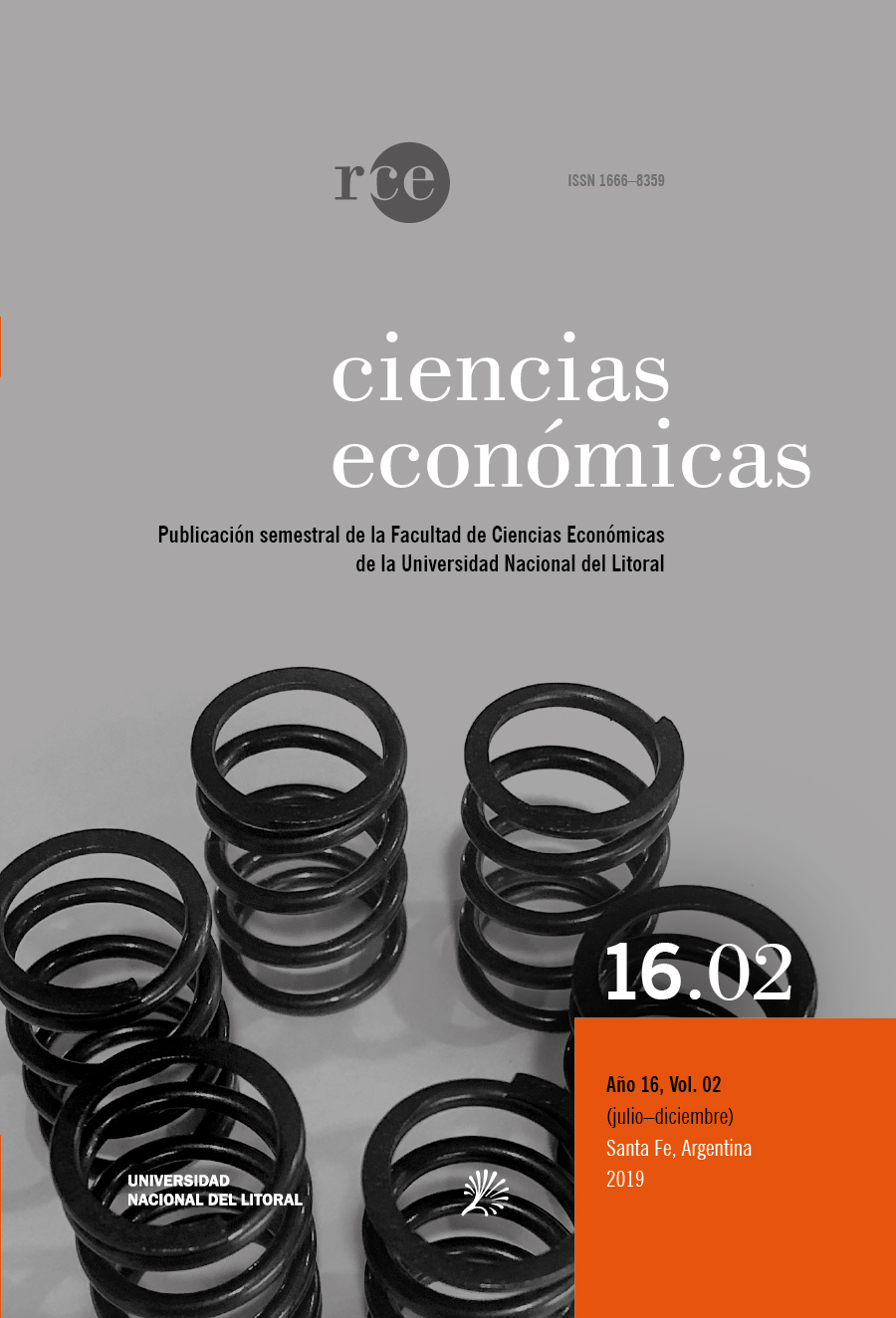Gen Z, “Blink-Share-Laugh-Forget”: a Loyalty Model Based on CSR
DOI:
https://doi.org/10.14409/rce.v2i-.9271Keywords:
loyalty, Gen Z, CSRAbstract
Objective- This research work aims to analyze the extent to which practices in Corporate Social Responsibility motivate the loyalty of Generation Z to mobile phone brands in the city of Córdoba, Argentina. Design/Methodology- It is a quantitative research based on 403 valid surveys carried out in June 2019 in the city of Córdoba, with a selection of cases from a convenience sampling. The theoretical background states that Corporate Social Responsibility has a positive impact on conative (purchase intention), cognitive (brand equity) and affective (customerbusiness identification) aspects. These, in turn, have a positive impact on loyalty. The model was statistically checked by linear regression methods. Conclusions- The hypotheses stated were confirmed: there is a positive relationship between the model constructs and loyalty. The construct with the biggest impact is the conative aspect, represented in the purchase intention.
Research limitations- This research is limited to the category of mobile phones. Thus, extrapolating the model to other categories may be difficult. Because of the inexistence of previous analyses, there may be other restrictions and the study may be biased due to the type of sample used. Originality/Validity- Confirming the importance of building brand equity in
line with CSR, and the importance of developing a context which favors purchase intention and the loyalty of generation Z.
Published
How to Cite
Issue
Section
License
Content is licensed according to the terms of the international license Creative Commons Atribución-NoComercial-CompartirIgual 4.0 Internacional.

Articles must have unpublished contents and must be complete. Then, they must not have been sent for publication in any other journal.
Authors who submit their works to Revista Ciencias Económicas give up their Author Rights to the journal, from the moment authors receive the written confirmation that their work has been accepted to be published.
Intellectual Property of the published scientific work belongs to the author or authors. There are no restrictions to the author’s copyright.
Accepted papers must be accompanied by an "Authorization to Publish" document signed by the authors, stating the originality of the document and authorizing the Journal to publish the paper.
Authors are responsible for the scientific content and the points of view included in their articles, with which the publishers do not necessarily agree.











